On September 6, Bulgaria marks the Day of Unification of the Principality of Bulgaria with Eastern Rumelia. Events that would lead to this important date for us started on March 3, 1878 with the signing of the Treaty of San Stefano between Russia and Turkey. According to it, liberated after 5 centuries of Ottoman oppression, Bulgaria became "an autonomous principality with Christian government and a people's militia." Its borders covered the territories of the Bulgarian Exarchate, recognized as independent from the Sublime Porte. It encompassed a vast territory inhabited by ethnic Bulgarians. The treaty was temporary and its effect was only valid for four months - until July 1878, when the Berlin Treaty was signed. A curios fact is that in Berlin, as well as during the signing in San Stefano, there were no Bulgarian representatives. Bulgaria relied on the goodwill of the Great Powers, while each of them was pursuing its own interests.
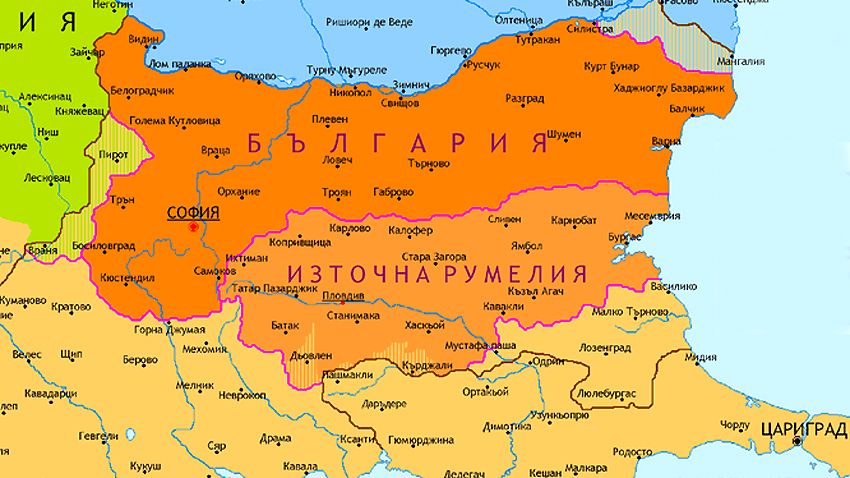 The Congress of Berlin divided Bulgaria in parts - the Principality of Bulgaria and East Rumelia, which became an autonomous region under the sultan's rule, while Macedonia, Edirne Thrace and the Rhodopes were returned to the Ottoman Empire. The links between the divided Bulgarian regions, however, were kept. They were especially active between the Principality of Bulgaria and Eastern Rumelia. In Rumelia there was a strong popular movement for the unification of all Bulgarians. Leaders were needed and people like Zahari Stoyanov emerged. He was a man who grew up from an illiterate shepherd to a publicist and writer, one of the apostles of the April Uprising. Similarly to the Revolutionary Committees before the Liberation, a Bulgarian Secret Central Revolutionary Committee was created. The idea was to reject the Ottoman rule through an uprising in Eastern Rumelia and to announce unification with the Principality of Bulgaria.
The Congress of Berlin divided Bulgaria in parts - the Principality of Bulgaria and East Rumelia, which became an autonomous region under the sultan's rule, while Macedonia, Edirne Thrace and the Rhodopes were returned to the Ottoman Empire. The links between the divided Bulgarian regions, however, were kept. They were especially active between the Principality of Bulgaria and Eastern Rumelia. In Rumelia there was a strong popular movement for the unification of all Bulgarians. Leaders were needed and people like Zahari Stoyanov emerged. He was a man who grew up from an illiterate shepherd to a publicist and writer, one of the apostles of the April Uprising. Similarly to the Revolutionary Committees before the Liberation, a Bulgarian Secret Central Revolutionary Committee was created. The idea was to reject the Ottoman rule through an uprising in Eastern Rumelia and to announce unification with the Principality of Bulgaria.
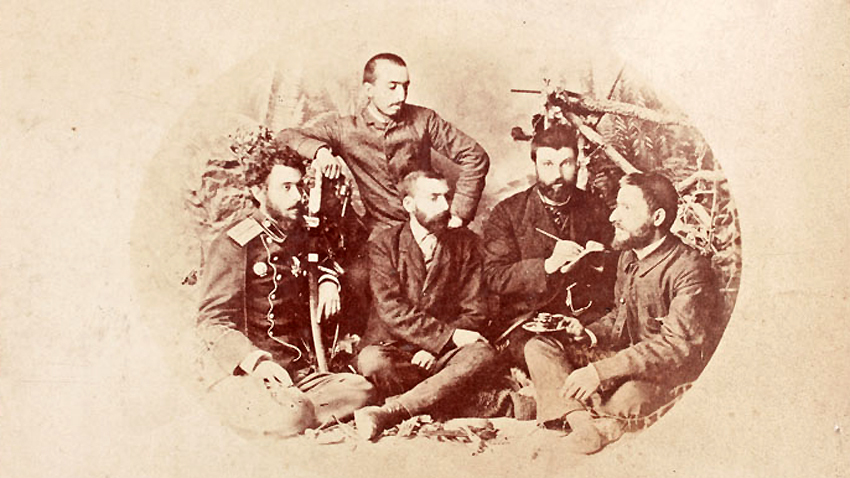
The rebellion started on September 2, 1885 in Panagyurishte with gunshots and people shouting "Down with Rumelia!" and "Long Live Union!" The initiators were arrested, but 2,000 people besieged the building of the district authorities and they were forced to release the detainees. The revolt was growing. On September 5, Gavril Krustevich, the governor of Eastern Rumelia, convened an emergency meeting. At the meeting a decision was made that Tsarigrad must not be informed of anything that was going on. The military stood on the side of the revolting people. On behalf of the Revolutionary Committee Zahari Stoyanov and another member of the committee, Ivan Andonov, announce that Gavril Krastevich was not a governor anymore and the union of southern and northern Bulgaria under the rule of Bulgarian Knyaz Alexander I was proclaimed. A temporary government headed by Georgi Stranski was set up to work until the Knyaz arrived.
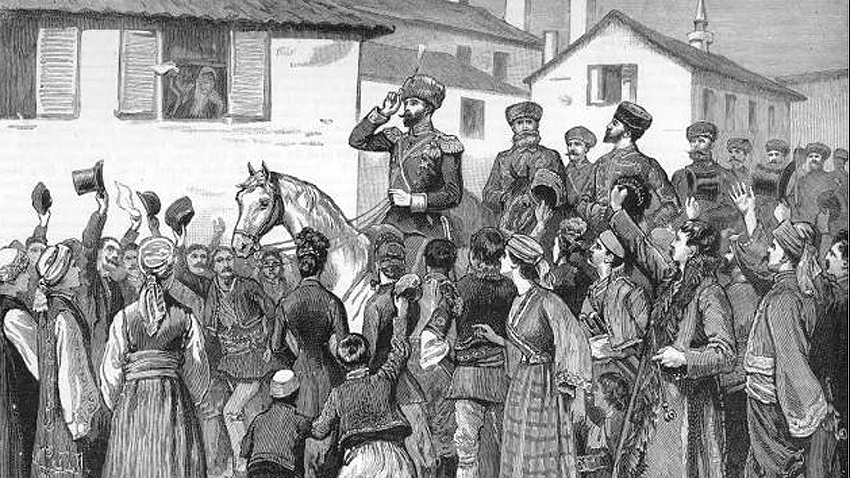
The news of the Unification reached Knyaz Alexander Batenberg in his residence near Varna. He immediately left for Tarnovo and on September 8 issued a manifesto accepting and legitimizing the union of the Principality of Bulgaria and Eastern Rumelia. "If it was today, a few politicians would have decided against the will of all the Great Powers and without the support of Russia to do such a thing," late colonel Petko Yotov, former head of the National Military Museum says in a record preserved in the Golden Audio Fund of the Bulgarian National Radio:
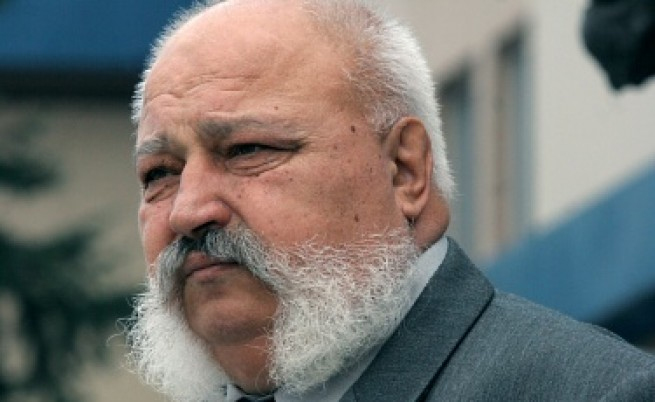 "The preparation of the Unification was completed in 1880. But at this stage Russia managed to stop the organizers. Russia said the unification would fail, Bulgaria would perish, so preparations stopped. But in 1885 nobody could stop the process. The Bulgarian spirit reached it height. Russia was against the Unification because it was unable to protect it against the Great Powers. But, in fact, Bulgaria had done preparations in this respect. Batenberg had had success in negotiations with the English Crown, Austro-Hungary and partly with Germany. The Unification did not start just like that. If some risked their honor and dignity, Batenberg had staked his head. He played a big role in preparation of the Unification internationally and agreed against the will of the Great Powers to lead it."
"The preparation of the Unification was completed in 1880. But at this stage Russia managed to stop the organizers. Russia said the unification would fail, Bulgaria would perish, so preparations stopped. But in 1885 nobody could stop the process. The Bulgarian spirit reached it height. Russia was against the Unification because it was unable to protect it against the Great Powers. But, in fact, Bulgaria had done preparations in this respect. Batenberg had had success in negotiations with the English Crown, Austro-Hungary and partly with Germany. The Unification did not start just like that. If some risked their honor and dignity, Batenberg had staked his head. He played a big role in preparation of the Unification internationally and agreed against the will of the Great Powers to lead it."
This way, 7 years after the Liberation, Bulgarians felt ready to oppose the Great Powers and take their fate into their own hands. For this period, they were able to lay the foundations for their economy, democratic institutions and build a strong army. Bulgaria had never been more united. The unification was prepared by revolutionary committees in Eastern Rumelia and was supported by the Bulgarian government and Knyaz Alexander Battenberg, the political parties, and the people.
"Unification is the first brilliant and perhaps unique in its significance lesson of what the Bulgarian spirit is and, unfortunately, the only act of unity in thoughts, feelings and deeds, which later started to crack as individual struggles emerged again.”
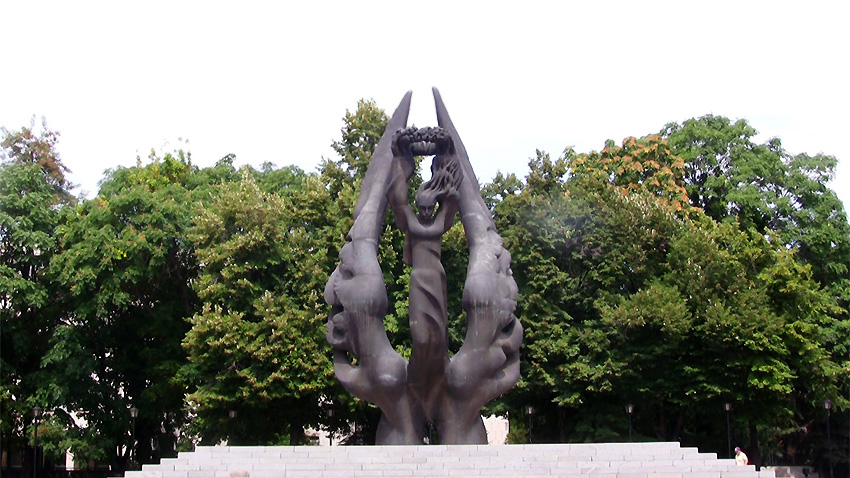
English: Alexander Markov
Photos: Wikipedia and archiveExactly a year ago, the Bulgarian Orthodox Church established a new holiday in the church calendar - the Glorification of the holy relics of Saint Euthymius, Patriarch of T a rnovo . According to church sources, the last..
They call Nikopol “the town of ages” because its history goes back thousands of years. It was founded as a settlement in the year 169 during the reign of Roman Emperor Marcus Aurelius. In 629, theByzantine Emperor renamed the town to Nicopolis, meaning..
There are rumours and speculations that some forgeries, so good that they are not inferior to the originals, could be found among the exhibits in the museums, but at the moment a whole series of forgeries can be seen at an exhibition..
105 years ago, on November 27, 1919, a treaty was signed in the Parisian suburb of Neuilly-sur-Seine, officially ending Bulgaria's..

+359 2 9336 661
